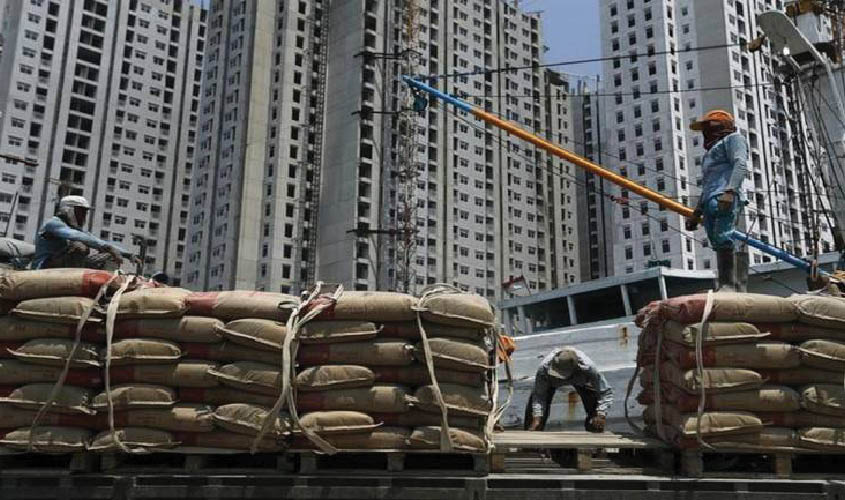The Indian private sector capex was muted for most part of 2018 and hence the government through its budget announcements has tried to fuel the consumption cycle, which could kick-start the private capex as well as benefit the farmers, low income households and medium sized businesses through direct schemes during the current financial year. The deceleration or slowdown in the corporate capex is already having an impact on the country’s economy. Over the last few years, the government did try to revive the private capex cycle by embarking on an aggressive capital expansion drive in the infra space by building roads and bridges. However, it failed to revive the private sector demand due to challenges of the new tax structure such as the implementation of the Goods and Services Tax and because of the effect of demonetisation. The NBFC credit issue and the ongoing liquidity crisis along with corporate defaults have also increased the private sector borrowing woes. However, it is not at all that gloomy as many economists are betting on the private sector demand to pick up in the next two years as a large part of the demand should get accommodated within. The RBI extended liquidity support to the NBFC sector by delivering a surprise cut of 25 basis points in the last monetary policy meet and it will be interesting to see what the RBI Governor Shaktikanta Das does next month. Will he show his Shakti once again?
The Indian equity market hit a six-month high, continuing a broad-based rally visible across all sectors for the week ending 15 March 2019. The S&P BSE Sensex surged 269 points to close at 38,024 levels for the week gone by. Major contribution was seen coming from the banking index, with foreign portfolio investors (FPI) pumping in nearly Rs 14,000 crore in the Indian equity markets in March until now. However, domestic institutional investors (DII) were net sellers in the equity market to the tune of around Rs 7,000 crore during the same period. Foreign investors, who were nearly absent during last year, have returned with a bang on expectations of the present government returning to power after the elections, improving future earnings with the easing of geopolitical tensions. Strong inflow by the foreign portfolio investors and strengthening of the Indian rupee are also key factors driving the recent uptick of prices in the domestic equity markets. The recent stock market rally has seen cement stocks gaining ground and analysts and market men are expecting a spurt in the India Cements stock price to appreciate by 10-15% in the next three month time frame.
Rajiv Kapoor is a share broker, certified mutual fund expert and MDRT insurance agent.

